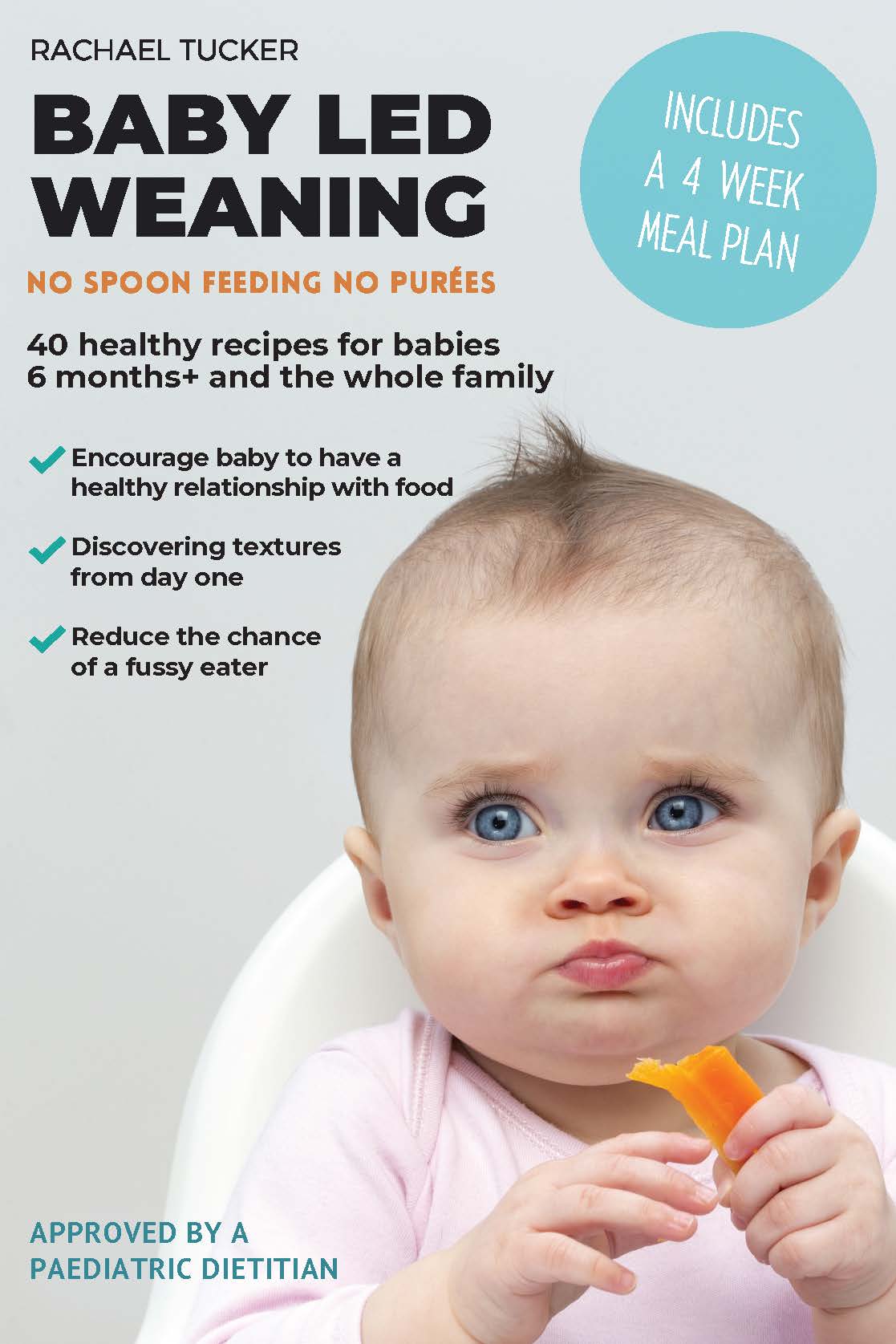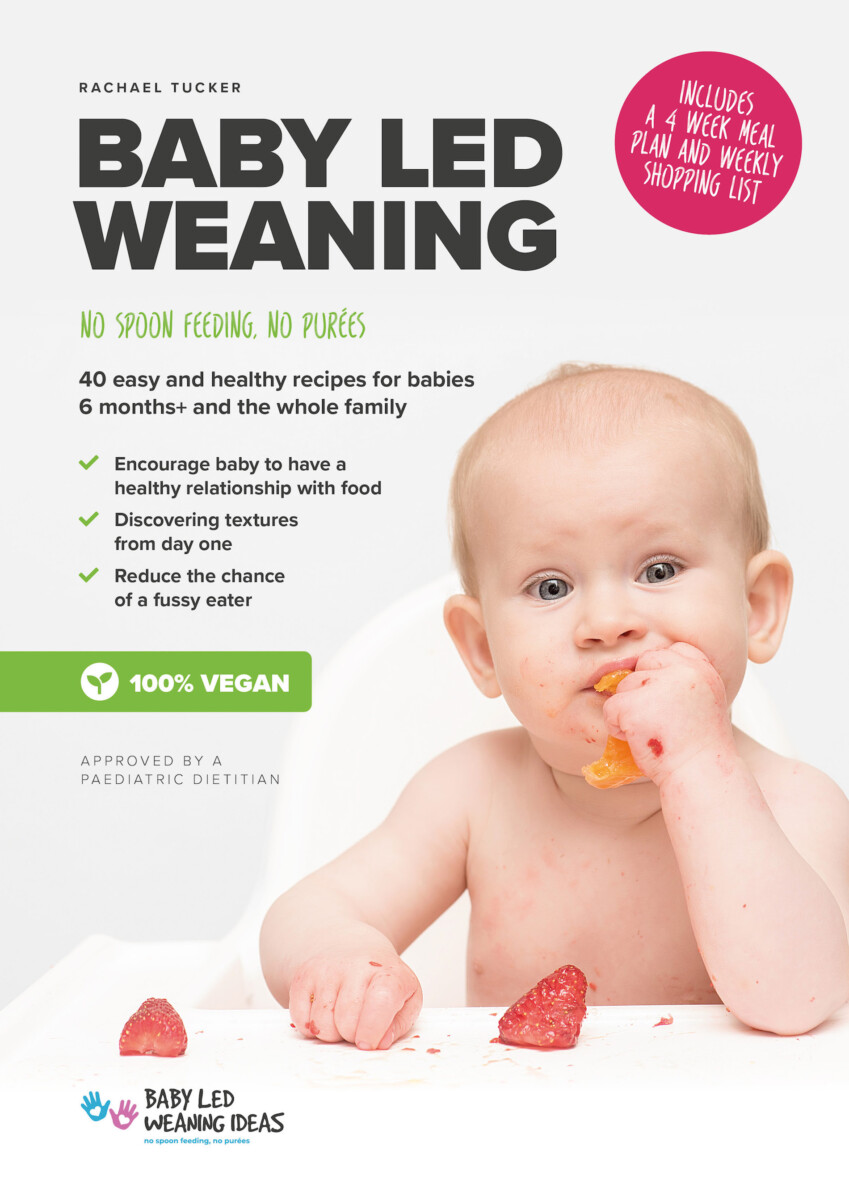Baby Led Weaning ideas question:
“Would you still do Baby Led Weaning if your little one had weight issues? My babies Dr and my Lactation Consultant are telling me to do pureed food instead so she gets more calories but I feel like BLW would be the best way to go for everything except her weight.”
Gill Rapley’s response:
“While I am not in a position to offer advice about babies I have never met, and while I would not wish to undermine the health professionals involved in an individual baby’s care, I think the following points are worth bearing in mind:
There is no rationale for pushing solid foods at the expense of breastmilk (or, indeed, formula). No solid food comes close to the concentration of nutrients in breastmilk, so, spoonful for spoonful, breastmilk will always provide better nutrition (and more calories) than any other food. Seeking to replace breastmilk in a child’s diet risks them being less well nourished, not more. (This is the reason many societies give breastmilk to sick or elderly people who can’t manage large quantities of other foods.) All that human babies need, once they’re over six months, is access to small amounts of other foods – in addition to breastmilk – to make sure they’re getting enough of the smallest nutrients. Of these, iron – and therefore meat – is probably the most important but the amounts of actual food needed to provide this are very small.
The rush to replace breastmilk is a throwback from when we didn’t know much about the constituents of human milk, and when the formula replacements for breastmilk weren’t as good as they are today. It also dates from a time when we thought the bigger babies were, the better. We know differently now (and have done for many years), but some health care practitioners are unconvinced. In the light of what we now know about the value of breastmilk – both nutritional and protective – we can see that, rather than preventing them from eating other foods, breastmilk provides an important safety net for a child whose appetite for other foods is small. Put another way, if a child isn’t putting on much weight on a diet of breastmilk with other foods, the thing that makes least sense is to replace the breastmilk!
Many practitioners stress that they are advocating spoon feeding as a way to increase the baby’s intake of solid food in addition to their milk but this simply doesn’t work for breastfeeding. Breastfed babies are in charge of their milk intake – it’s impossible to persuade a them to continue feeding at the breast when they’ve taken all their body tells them they need. This means that, if their tummy is full of solids, they will take less breastmilk to compensate. So, like it or not, the solid food will replace breastmilk, not add to it, thereby reducing, not increasing, the baby’s overall nutrition (see previous paragraph). This approach can, however, be made to work with formula feeding because it’s possible to encourage the baby to go on drinking beyond the point where he would naturally stop (and encouraging him to routinely ignore signs of fullness – one possible reason why formula feeding is linked to obesity). Sadly, many health professionals are more familiar with formula feeding, and with the control it allows the person doing the feeding, than they are with breastfeeding, in which the baby is in control. Indeed, this aspect of control is why some health advisors are not keen on BLW.
It’s worth bearing in mind that weight is only one guide to a child’s health. We weigh babies primarily in order to pick up any illnesses that might otherwise have gone unnoticed (like digestive disorders, growth hormone deficiencies and heart defects). If no one is suggesting any reason for an individual baby’s weight that requires investigation then s/he’s probably meant to be the size s/he is! Indeed, if there weren’t some naturally small (and some naturally large) babies, the centile lines on the weight charts wouldn’t be where they are. Length and head circumference can often be better indicators of a child’s health and growth than weight: if both these are on target then it’s unlikely there’s anything wrong. If there ARE any suspicions that a baby’s gentle (‘slow’) weight gain may be due to an underlying illness, then those suspicions should be acted on – because whatever it is won’t go away just by forcing the baby to eat more.”





